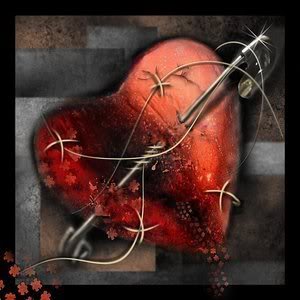by Carolyn Thomas ♥ @HeartSisters
 I have a little ritual as soon as I board the ferry from my island home for the one hour and 40 minute sailing over to the mainland: I make a stop at the magazine rack of the B.C. Ferries gift shop. It has something to do with both the beautifully tactile feel of a new magazine and its clear association in my brain with almost every ferry ride I’ve ever taken through our west coast Gulf Islands.
I have a little ritual as soon as I board the ferry from my island home for the one hour and 40 minute sailing over to the mainland: I make a stop at the magazine rack of the B.C. Ferries gift shop. It has something to do with both the beautifully tactile feel of a new magazine and its clear association in my brain with almost every ferry ride I’ve ever taken through our west coast Gulf Islands.
That, and a pack of Mentos . . .
During last week’s sailing to Vancouver, we had barely settled into our front row seats in the forward lounge with the Mentos and a copy of Psychology Today in hand before I was riveted by editor Kaja Perina‘s third page commentary. She writes about something called the Black Swan, a reference to a 17th century philosophical thought experiment. Continue reading “When heart patients meet the Black Swan”



